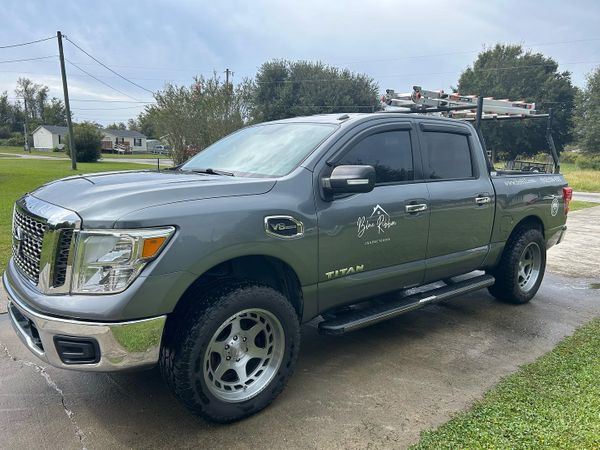What does licensed mean for a business?
When companies refer to themselves as licensed, they are usually referring to a state license that they hold to perform certain types of work.
This usually comes in the form of a contractor license, but other types of businesses may also require licensing. In Georgia, there is currently no requirement to be licensed or certified to be a Home Inspector.
Blue Ribbon Inspections, LLC is certified by the International Association of Certified Home Inspectors (InterNACHI). Be sure to verify that your home inspector is certified. You can verify ours at the following link by entering our certification ID (NACHI21123007): https://www.nachi.org/verify
For certain types of work, businesses must register with specific state agencies, meet certain requirements, and sometimes even pass tests before they can get started in that profession.
Each state has its own licensing requirements, costs, and procedures, so you will want to check with your specific state for more information on getting licensed.
What businesses typically need licenses?
Generally, businesses that require extensive technical skills that can potentially cause damage to their customers will require licenses.
But each state is different, and this list could be huge. Here are some examples of businesses that require licenses from their state governments before they can operate.
- Electrical, plumbing, and HVAC contractors
- Roofing contractors
- Automotive dealerships
- Engineers
- Architects
- Attorneys
- Insurance agents
- Liquor establishments
- Certified public accountants
What does bonded mean for a business?
One of the primary reasons why "licensed, bonded, and insured" is so confusing is because saying you are "bonded" doesn't mean anything specific. There are hundreds of different bond types, and a company saying it is bonded doesn't really describe what it is bonded for, or the amount of the financial guarantee.
So, what is bond insurance for a business? Generally, when a company indicates they are licensed, bonded, and insured, they are indicating they have purchased a surety bond of some kind.
A surety bond is a financial guarantee made by a surety that promises to pay an obligee on behalf of the principal if the principal is unable to meet their debt obligation.
1. The surety is the insurance company issuing the bond
2. The principal is you (or the bonded company)
3. The obligee is the organization requiring the bond
What makes bonds different from an insurance policy is that the bonding company requires you, the insured, to pay them if they pay out a claim.
This can be very serious. The surety company expects to be paid back, and often, you are required to pay them back individually, even if the bond is taken out in the business name.
This is why bonding gives businesses and project owners a sense of trust. When they see your paperwork, they know how serious this can be for you if you try to run off with their money or go bankrupt.
What does insured mean for a business?
When companies refer to themselves as "insured," they are usually referring to having business liability insurance that protects their customers. This includes commercial general liability and workers compensation insurance.
Some businesses have success in using their insurance in their advertising. Many of their customers will either require them to have insurance, and knowing the business has it will give them peace of mind.
General Liability Insurance
The commercial general liability insurance policy covers a business against property damage or bodily injury they cause to others during their business operations.
These damages can occur while the business is on your premises, and many policies also cover liability arising out of completed projects.
Workers Compensation
If a business has employees, it is usually required by law to have workers compensation insurance. This covers things such as medical bills and lost wages that happen due to work-related injuries.
How can my business get licensed, bonded, and insured?
How your company goes about getting licensed, bonded, and insured will depend on what you do and what state you reside in. For example, each license has different requirements, insurance minimums, and bonding amounts that licensed businesses need to obtain.
You will usually have to meet certain requirements. Just make sure your insurance broker knows what you need to buy to get your license. As a general rule, you usually cannot go wrong with a $1,000,000 liability limit. It is the industry standard for general liability insurance.
If you have any employees, you might also need to take out a workers compensation policy to comply with your state's labor laws.
Summary
Although “licensed, bonded, and insured” doesn't mean anything too specific, it does indicate that you can perform the work and that you are trustworthy. It also tells potential customers you have insurance to cover any accidents while performing the work.

